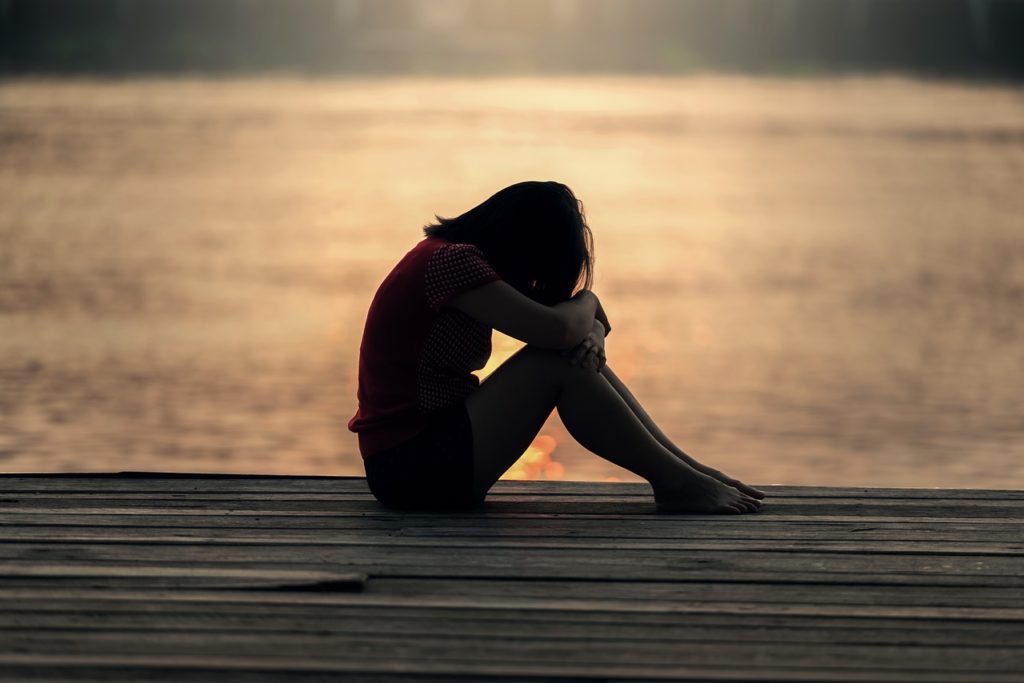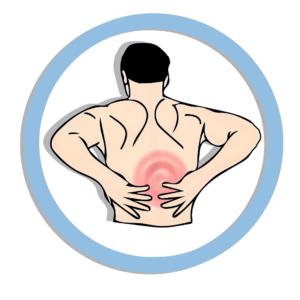
Contributor: Staff at Timberline Knolls Residential Treatment Center
With more and more states legalizing the use of marijuana, misconceptions about it can spread. Many people don’t know that marijuana is addictive just like any other drug and that quitting can lead to uncomfortable withdrawal symptoms, especially for those who use cannabis for pain relief.
Why People Use Cannabis
Marijuana refers to the dried leaves, flowers, stems, and seeds of the Cannabis sativa and Cannabis indica plants. Marijuana contains THC, a chemical that causes physical and mind-altering effects.
There is a range of reasons why someone may use marijuana, from a recreational activity to medical assistance, and it is the most commonly used addictive drug after tobacco and alcohol [1].
Marijuana activates certain brain cell receptors to cause several short-term effects, such as altered senses, altered sense of time, changes in mood, impaired body movement, and impaired memory. Marijuana can also interact with pain receptors in the body and reduce inflammation, leading many to use cannabis for medical purposes. One study found that almost 46% of regular marijuana users did so because of a medical condition, while 22% reported using marijuana for recreational purposes [2].
Common Misconceptions About Cannabis
Unlike most other drugs, cannabis use is becoming legalized, especially for medical purposes. Its legality and natural properties have led many to think that cannabis cannot cause any harm or be addictive. However, cannabis use disorder is a very real mental health concern listed in the Diagnostic and Statistical Manual of Mental Disorders, Fifth Edition (DSM-5).
Call Timberline Knolls for Help 855-630-2865
The DSM-5 defines cannabis use disorder as a problematic pattern of cannabis use causing significant impairment or distress. This can involve needing larger and larger amounts of cannabis to achieve the desired effect, continued cannabis use despite it causing social and interpersonal impairment and other psychological and physical problems, and withdrawal symptoms when attempting to stop using marijuana products.
Many who regularly use marijuana believe that they can quit with no problems. However, in a study of 469 adult marijuana smokers who were attempting to quit, more than 95% of the participants experienced at least one symptom of withdrawal, and 43% experienced multiple symptoms [3]. A study also found that more than 70% of cannabis users who tried quitting started smoking again to relieve withdrawal symptoms [3].
Many medicinal marijuana users believe that because they’re using it for medical purposes, it’s completely safe and healthy. However, those who use marijuana for medical purposes may be more at risk for withdrawal symptoms because they use cannabis regularly.
One study found that more than half of people using cannabis for pain experienced multiple withdrawal symptoms, and 10% experienced negative changes to their sleep patterns, mood, appetite, energy levels, and mental state [4]. Those who suffer from withdrawal from medicinal marijuana may attribute their symptoms to the underlying condition they have, ignoring and even worsening a possible cannabis use disorder.
What Is Cannabis Withdrawal Syndrome?
Cannabis withdrawal syndrome involves a group of symptoms that can occur when someone who has cannabis use disorder attempts to quit. Cannabis withdrawal symptoms are more common in those who are daily smokers.
Some of the most common symptoms of cannabis withdrawal include:
- Cravings: Having strong cravings for marijuana is one of the most common symptoms reported by those trying to quit smoking. One study found that more than 75% of participants who tried to quit experienced intense cravings for marijuana [3].
- Mood swings: Individuals trying to quit smoking marijuana might experience emotional symptoms like anxiety, depression, irritability, and anger.
- Trouble sleeping: Insomnia, or difficulty falling and staying asleep, is a common withdrawal symptom with any drug, including marijuana. Some people who stop smoking marijuana report having nightmares and vivid dreams as well.
- Headaches: Headaches are a common physical symptom of cannabis withdrawal and can be intense, especially during the first few days of stopping marijuana use.
 Other symptoms can include changes in appetite, weight loss or gain, digestion problems, cramps, nausea, night sweats, and dizziness.
Other symptoms can include changes in appetite, weight loss or gain, digestion problems, cramps, nausea, night sweats, and dizziness.
The physical symptoms of cannabis withdrawal are typically short-lived; however, psychological symptoms may persist for several months. While the symptoms of withdrawal from cannabis may not be as severe as those of other substance use disorders, they can still be uncomfortable and cause significant impairment to many areas of a person’s life.
If you are experiencing symptoms of cannabis use disorder or cannabis withdrawal syndrome, help is available. With the right treatment plan, you can gain control of cannabis use and live a happier, healthier life.
References:
[1] National Institute on Drug Abuse. (2019, December 24). Marijuana DrugFacts. https://www.drugabuse.gov/publications/drugfacts/marijuana
[2] Dai, H. & Richter, K.P. (2019, September 20). A national survey of marijuana use among US adults with medical conditions, 2016-2017. JAMA Network Open, 2(9). https://jamanetwork.com/journals/jamanetworkopen/fullarticle/2751558
[3] Gans, S. (2021, February 19). Marijuana withdrawal symptoms. VeryWell Mind. https://www.verywellmind.com/marijuana-withdrawal-symptoms-67774
[4] Michigan Medicine – University of Michigan. (2021, January 8). More than half of people using cannabis for pain experience multiple withdrawal symptoms. ScienceDaily. www.sciencedaily.com/releases/2021/01/210108142134.htm
About Our Contributor:
 At Timberline Knolls Residential Treatment Center, located outside of Chicago, Illinois, we provide specialized care for women and girls who are living with mental health conditions such as substance use disorders and eating disorders. Our private facility offers female-only treatment programs for eating disorders, addiction, and a range of mental health conditions. We work closely with each person to develop treatment goals to maximize strengths while focusing on individual needs. Our treatment team understands that each woman has unique needs and that she must play a role in her journey to wellness.
At Timberline Knolls Residential Treatment Center, located outside of Chicago, Illinois, we provide specialized care for women and girls who are living with mental health conditions such as substance use disorders and eating disorders. Our private facility offers female-only treatment programs for eating disorders, addiction, and a range of mental health conditions. We work closely with each person to develop treatment goals to maximize strengths while focusing on individual needs. Our treatment team understands that each woman has unique needs and that she must play a role in her journey to wellness.
The opinions and views of our guest contributors are shared to provide a broad perspective of addictions. These are not necessarily the views of Addiction Hope, but an effort to offer a discussion of various issues by different concerned individuals.
We at Addiction Hope understand that addictions result from multiple physical, emotional, environmental, and genetic factors. If you or a loved one are suffering from an addiction, please know that there is hope for you, and seek immediate professional help.
Published on September 8, 2021
Reviewed by Jacquelyn Ekern, MS, LPC on September 8, 2021
Published on AddictionHope.com
